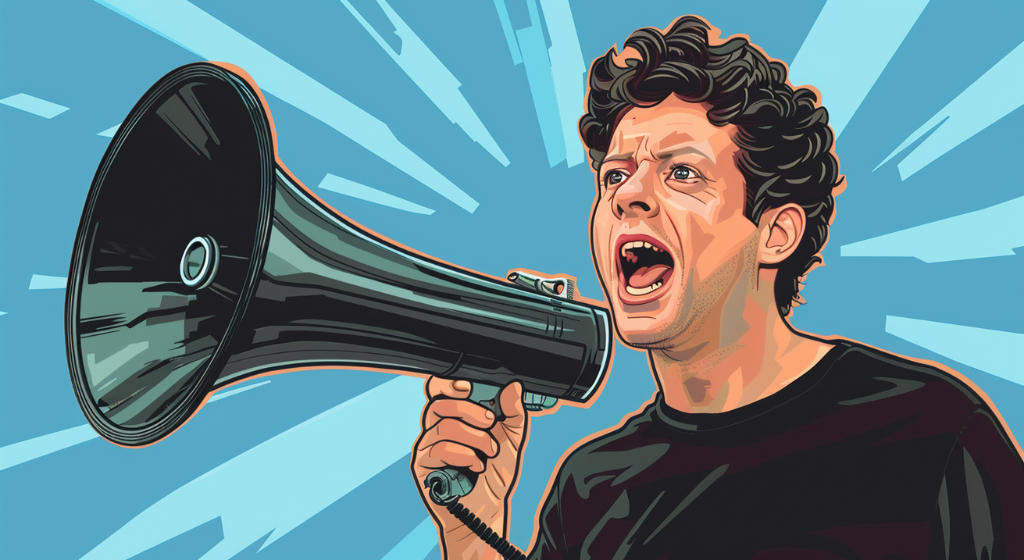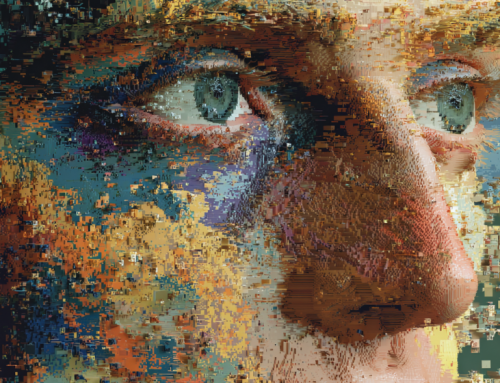
OpenAI, initially founded on the promise of making AI more transparent and safer, has faced criticism for allegedly prioritizing flashy advancements and market share over safety following the success of ChatGPT and increased competition from well-funded rivals. (Source: Image by RR)
Company Seeks to Address Criticisms with Enhanced AI Transparency Measures
OpenAI has recently announced a new AI safety research technique designed to make its AI models more transparent and comprehensible. The company has been under scrutiny for allegedly developing powerful AI systems too hastily, and this new initiative aims to demonstrate their commitment to AI safety. The technique involves having two AI models engage in a dialogue where the more powerful model must explain its reasoning, allowing humans to better understand its processes. This method has so far been tested on an AI model solving simple math problems, and a second model evaluates the correctness of the answers, promoting transparency in the reasoning process.
According to a story on wired.com, the research, detailed in a newly released paper, is part of OpenAI’s long-term safety plan and encourages other researchers to explore and build upon these findings. Transparency and explainability are critical issues for AI researchers, as large language models can sometimes provide misleading or opaque explanations for their conclusions. OpenAI’s work aims to address these concerns by making AI models’ reasoning processes clearer and more reliable.
In recent weeks, OpenAI has been more vocal about its AI safety efforts, following criticism of its rapid development pace and approach to safety. The company’s focus on transparency is part of a broader effort to understand and control the inner workings of large language models. This push for greater transparency comes after significant changes within OpenAI, including the disbandment of a team dedicated to long-term AI risk and the departure of cofounder Ilya Sutskever, which raised questions about the company’s commitment to its founding principles of safe and transparent AI development.
Despite the new research, critics argue that OpenAI’s efforts are insufficient and call for more stringent oversight of AI companies. Daniel Kokotajlo, a former OpenAI researcher, emphasized the need for more comprehensive oversight, labeling the current safety measures as incremental improvements rather than significant changes. Another source within OpenAI highlighted the necessity of external governance to ensure that societal benefits are prioritized over profits, questioning whether OpenAI’s internal processes are robust enough to address these concerns effectively.
read. more at wired.com







Leave A Comment